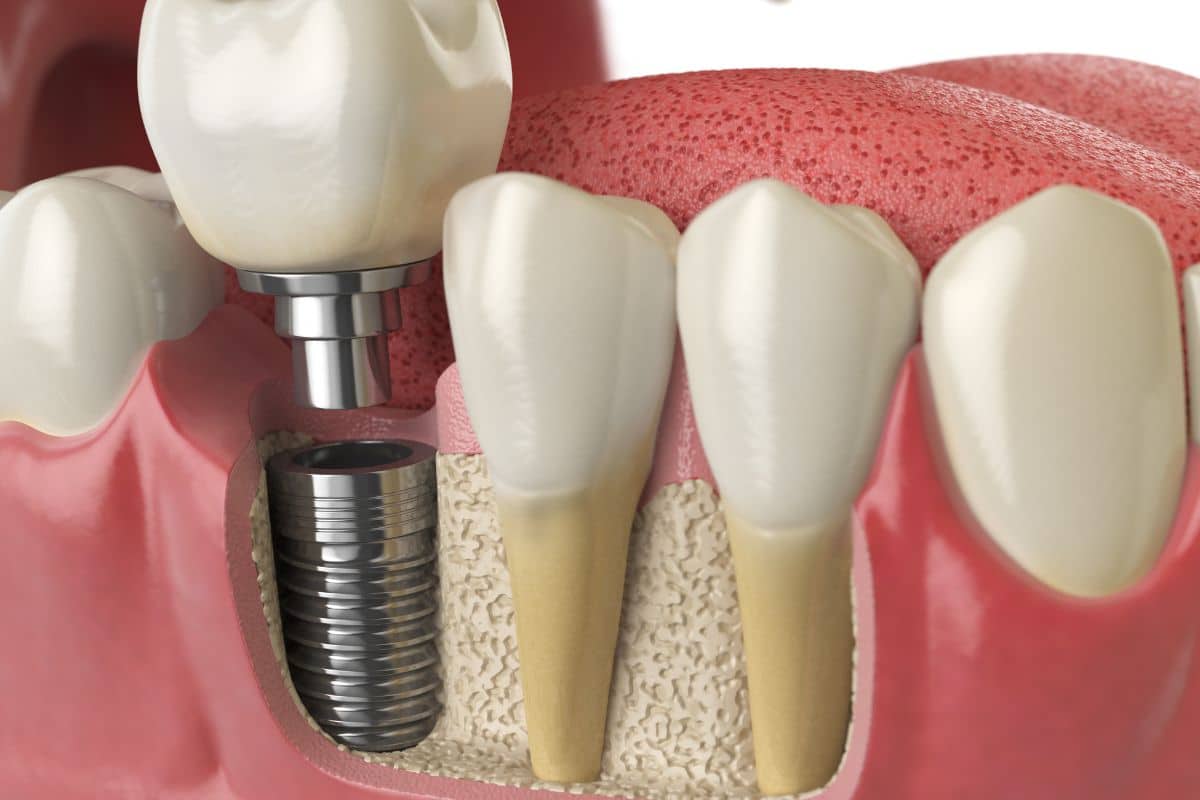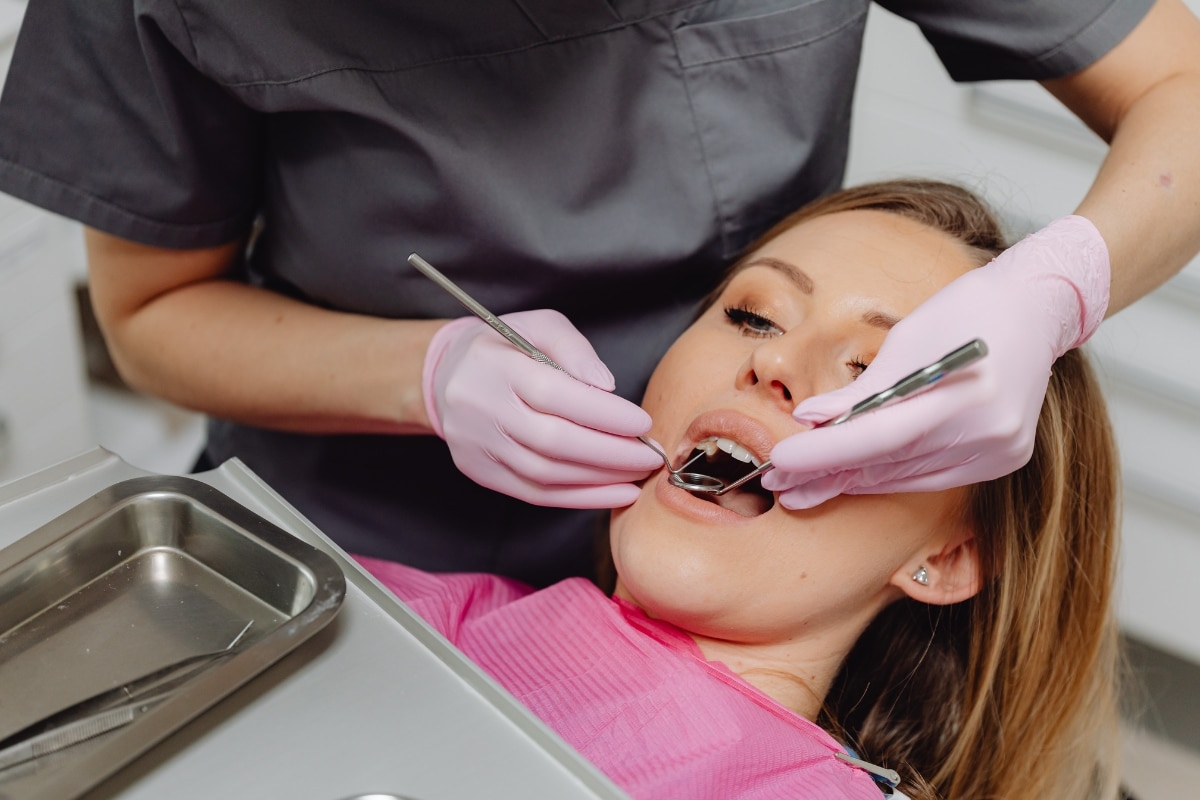Pay Online
Wisdom Teeth and Cavities: A Comprehensive Overview

Maintaining dental health is crucial for overall well-being. It affects not only our smiles but also our general health. Among common dental issues, cavities and wisdom teeth play significant roles. Wisdom teeth, known as third molars, usually emerge in late adolescence or early adulthood. Cavities, or dental caries, develop from tooth decay due to poor oral hygiene.
This blog educates readers about the relationship between cavities and wisdom teeth. Understanding this connection helps you take better care of your teeth, preventing future problems.
What Are Wisdom Teeth?
Wisdom teeth are the last set of molars located at the back of the mouth. Most people have four wisdom teeth, one in each corner. They typically emerge between the ages of 17 and 25, and due to this late eruption, many individuals experience issues with these teeth.
Common problems associated with wisdom teeth include impaction, crowding, and infection. Impacted wisdom teeth occur when they do not have enough space to emerge properly. This can lead to pain, swelling, and infection.
Crowding happens when wisdom teeth push against neighboring teeth, causing misalignment. Regular dental check-ups can help monitor wisdom teeth and address any issues early.
Understanding Cavities
Cavities, or dental caries, are holes in the teeth caused by decay. They occur when plaque builds up on teeth. Plaque is a sticky film of bacteria that forms when we eat sugary foods. If we do not remove plaque through brushing, it produces acids that erode tooth enamel.
Poor oral hygiene, high sugar intake, and not flossing contribute to cavities. Early signs of cavities include tooth sensitivity and visible holes. As cavities progress, you may experience pain or discomfort. Regular dental visits can help catch cavities early, reducing the need for extensive treatment.
The Connection Between Wisdom Teeth and Cavities
Wisdom teeth can significantly contribute to cavity formation. They are located at the back of the mouth, making them hard to clean effectively and more susceptible to plaque accumulation.
Crowding often occurs when wisdom teeth push against adjacent teeth. This crowding can create tight spaces that are difficult to brush and floss. As a result, bacteria thrive, leading to cavities.
Partially erupted wisdom teeth present additional challenges. They can trap food and bacteria, promoting decay in adjacent teeth. Studies show that individuals with wisdom teeth are at a higher risk of developing cavities. One study found that nearly 30% of people with wisdom teeth developed cavities in the adjacent molars.
In summary, the relationship between wisdom teeth and cavities is crucial. Maintaining good oral hygiene and regularly visiting your dentist can help reduce the risk of cavities related to wisdom teeth.
Prevention Strategies
Preventing cavities, especially around wisdom teeth, involves a multi-faceted approach. First, practice good oral hygiene. Brush your teeth twice a day with fluoride toothpaste and floss daily. Pay special attention to the back teeth, where wisdom teeth reside.
Regular dental check-ups are vital. Your dentist can monitor your wisdom teeth and identify any potential issues early. They can also perform professional cleanings to remove plaque buildup you may miss at home.
Diet plays a crucial role in preventing cavities. Limit sugary snacks and beverages, as these feed the bacteria that cause cavities. Instead, choose a balanced diet of fruits, vegetables, whole grains, and lean proteins.
Foods high in calcium, like dairy products, can strengthen your teeth. Staying hydrated by drinking water throughout the day also helps wash away food particles and bacteria.
Consider using mouthwash with fluoride for added protection. This can help remineralize tooth enamel and further prevent cavities. Also, consult your dentist immediately if you experience pain or discomfort with your wisdom teeth. Taking proactive steps can significantly improve oral health and reduce the risk of cavities.
Treatment Options
When cavities develop, several treatment options are available. The most common treatment is dental fillings, which restore the tooth’s shape and function. Dentists use materials like composite resin or amalgam to fill the cavity. If a cavity is large, a crown may be necessary to protect the tooth.
In more severe cases, root canal treatment may be required. This involves removing the infected pulp from the tooth and sealing it to prevent further infection. Your dentist will guide you on the best treatment option based on the severity of the cavity.
Wisdom teeth may need to be extracted if they are causing pain, infection, or crowding. Dentists often recommend the removal of impacted wisdom teeth to prevent complications.
Post-treatment care is essential. Follow your dentist’s instructions for caring for your teeth after treatment. This may include avoiding certain foods, taking prescribed medications, or maintaining a strict oral hygiene routine.
Regular dental check-ups after treatment are crucial. Your dentist will monitor your healing and check for any new cavities. Taking these steps ensures optimal dental health and helps prevent future issues.
Common Myths and Misconceptions
Many myths surround cavities and wisdom teeth. One common misconception is that all wisdom teeth need removal. While some people may require wisdom tooth extraction due to complications, not everyone does. Many individuals keep their wisdom teeth without problems.
Another myth suggests that cavities only occur in children. Cavities can typically develop at any age, especially if oral hygiene is lacking. Some people believe that brushing once a day is sufficient. However, dentists recommend brushing twice daily for effective plaque removal.
People also often think a tooth has no cavity if it does not hurt. Many cavities are asymptomatic in the early stages. Regular dental visits are crucial, as only a dentist can detect cavities through examination and X-rays.
Finally, some believe that sugar is the only cause of cavities. While sugar is a major contributor, other factors like poor oral hygiene and genetic predisposition also play roles. Debunking these myths helps individuals better understand dental health and make informed decisions.
Understanding the connection between cavities and wisdom teeth is essential for good oral health. Wisdom teeth can contribute to cavity formation due to their positioning and difficulty cleaning. Good oral hygiene, regular dental check-ups, and a balanced diet can help prevent cavities.
Prioritizing your dental health is crucial for your overall well-being. Do not hesitate to consult your dentist if you have concerns about your wisdom teeth or cavities. Scheduling regular dental check-ups will help you stay on track for a healthy smile. Take action today for a brighter, healthier future!
Recent Posts

Why Is It Critical to Replace a Missing Molar Even If It’s Not Visible When I Smile?

What Should I Do If My Child Knocks Out a Permanent Tooth in Elgin?

Can Invisalign Fix Overbite? How It Solves Complex Dental Issues in Elgin, IL

How Does Thumb-Sucking or Pacifier Use Affect Teeth?


